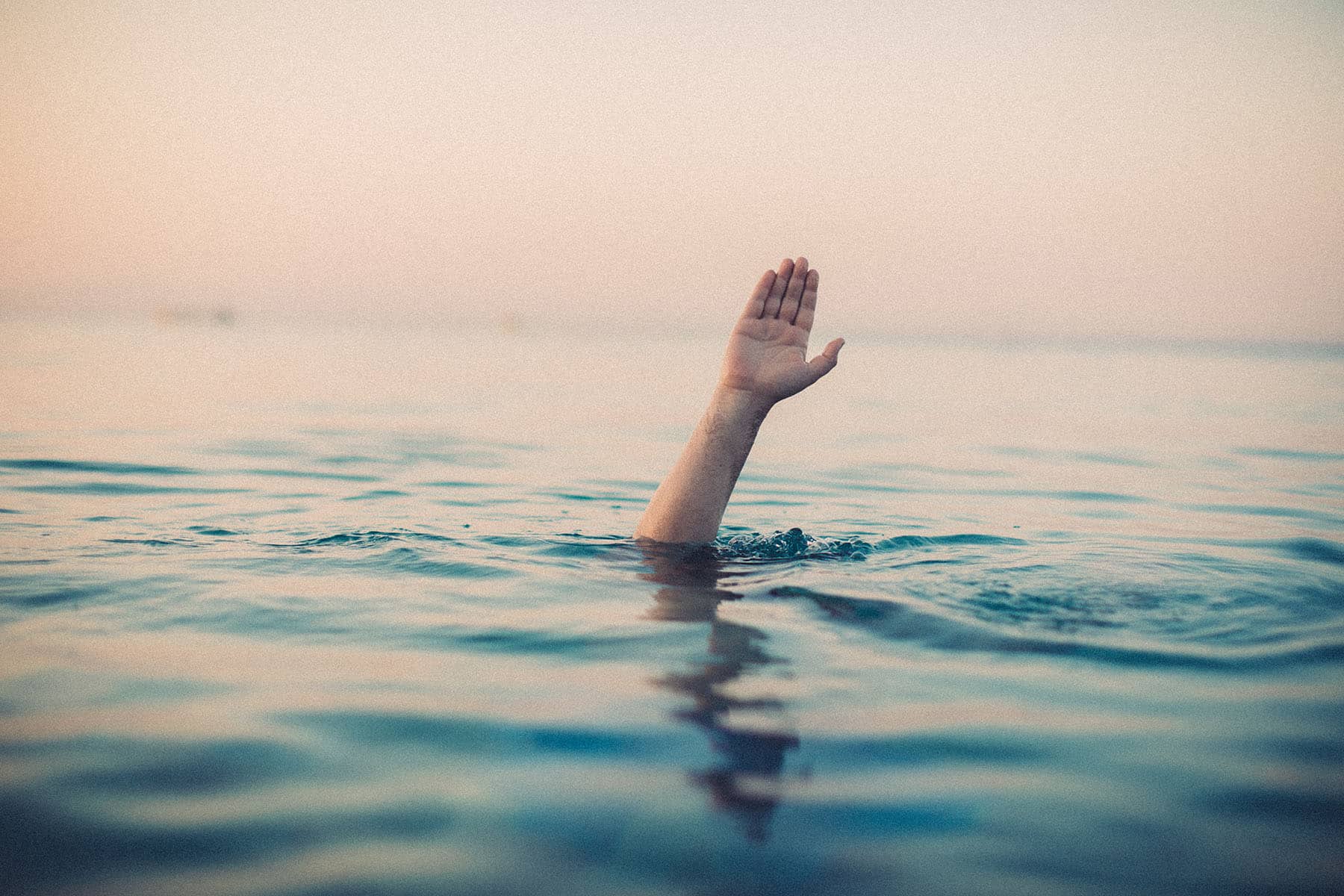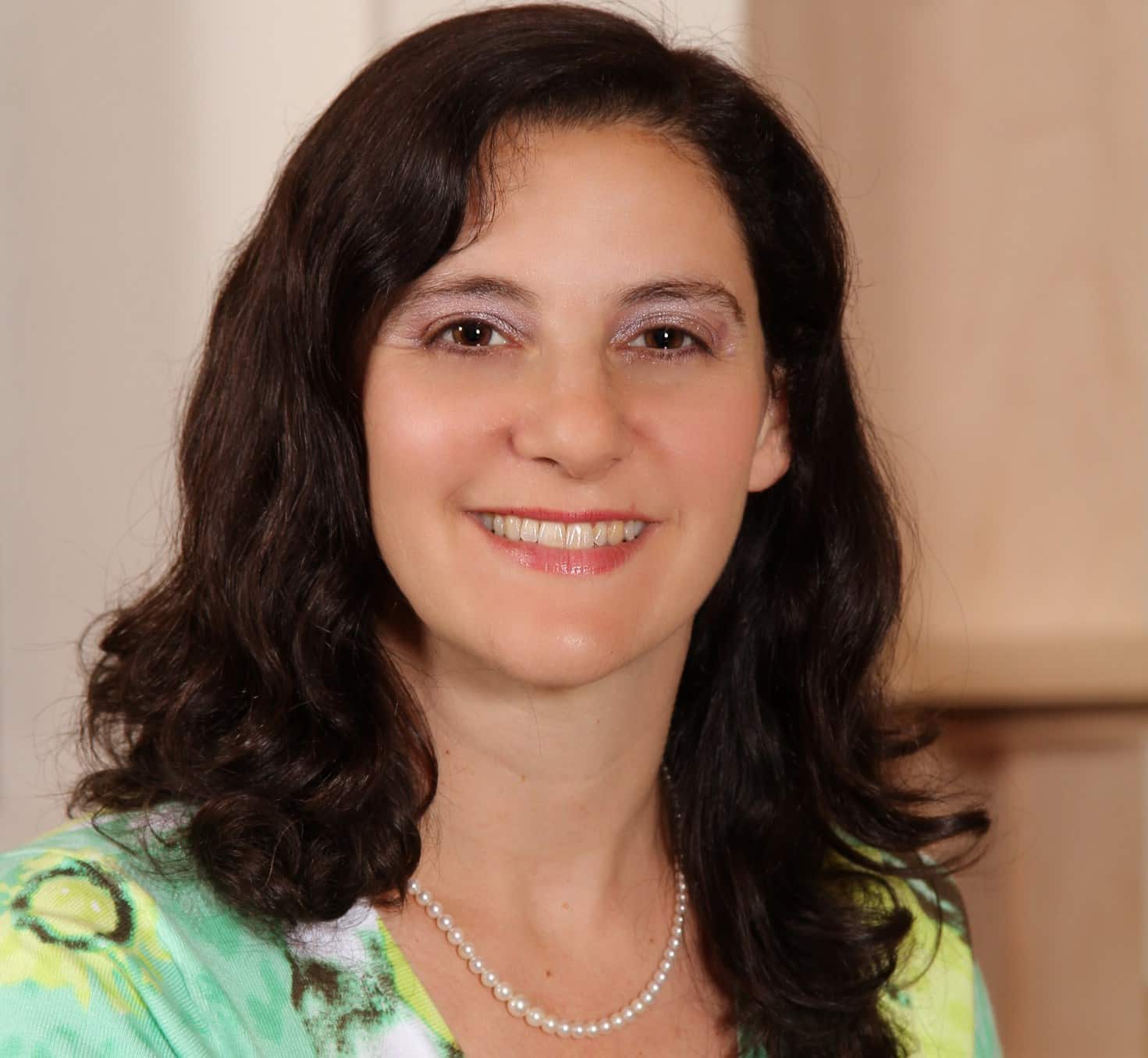 Photo by South_agency/Getty Images
Photo by South_agency/Getty Images Is there no maximum allowable level of tsuris (troubles)?
Last week, my daughter wore the dress we bought for her bat mitzvah party to my cousin Stanley’s Zoom funeral instead. (Stanley died from Covid-19 after seven weeks on a ventilator; my daughter’s party was previously canceled due to the coronavirus.) Then, on Saturday night, that same daughter, who is already terrified out of her mind of more family-members getting the disease, saw the video of the police officer’s knee on George Floyd’s neck and her beloved Hello Kitty store looted. She heard the police sirens. The destruction was a few miles from our house, three blocks from where her grandparents live, on the block where her friend lives.
“Why Mommy,” she asked, “did the police officer stand on the man’s neck until he died?” “Why Mommy, are people burning down the stores?”
I have questions too. As parents, we want to help our children feel safe, secure and confident. How is that even possible in a world like this?
At the beach, strong waves crash near the shore. But if you swim out past them, calmer waters await. These past few months, I’ve felt that if I work hard enough at my job, try hard enough to help and comfort my children, then somehow I can get to more tranquil waters. But the waves keep crashing, harder and harder, and try as I may, I can’t get to the other side. The current carries me away, and I feel like I’m drowning. Don’t we all?
This week’s Torah portion is called Naso because it starts with the words Naso et Rosh — lift up the heads of the people of Israel. The phrase refers to the census. The portion begins with this uplifting start, but then in the next sentence, we learn that not everyone is counted. Since the census is for military purposes, only males between the ages of 30 and 50 are counted.
Lift up Your Head. I’ve been doing everything I can think of to hold my head high – to keep my hopes up through the last 12 weeks of the pandemic. But how? How can anyone keep their spirits up in a place where some lives seem to count more than others? Where some have so little and some have so much? Where some lives are lost much more easily than others?
Indeed, we must confess the pre-existing conditions THAT have plagued humanity for centuries and threaten our democracy today – racism, sexism, classism, homophobia, xenophobia, transphobia, and ableism.
The next lines of the Torah portion tell us the answer: We must remove from the camp anyone with a malady, and each person much confess the wrongs they have done and make amends.
What should we now confess?
In the Atlantic, George Parker wrote: “When the virus came here, it found a country with serious underlying conditions, and it exploited them ruthlessly. Chronic ills – a corrupt political class, a sclerotic bureaucracy, a heartless economy, a divided and distracted public – had gone untreated for years. We had learned to live, uncomfortably, with the symptoms. It took the scale and intimacy of a pandemic to expose their severity—to shock Americans with the recognition that we are in the high-risk category.”
Indeed, we must confess the pre-existing conditions that have plagued humanity for centuries and threaten our democracy today: racism, sexism, classism, homophobia, xenophobia, transphobia, and ableism. These ills all boil down to thinking some lives matter more than others. We must rid our world of these toxins to prevail against the coronavirus and whatever other threats come our way.
The Book of Psalms, teaches, “If Your Torah had not been my delight, I would have drowned in my sorrows.” We are all now at risk of drowning in tsuris.
But we have one rope to hold onto. The lifeline is Genesis 1:27, the idea that “each person is created in the image of God.” If everyone in this world could hold in their hearts that each person’s life counts: That shop owners, honorable police officers, black men walking down the street are all created in the image of God, and act accordingly, then we can stay afloat.
On Sunday morning, my daughter learned that her synagogue community, Temple Beth Am, gathered (with social distancing and masks) to clean up looted stores near her grandparents’ home. Maybe, just maybe, there’s still some hope yet.
Rabbi Ilana B. Grinblat is the vice president of community engagement for the Board of Rabbis.





















 More news and opinions than at a Shabbat dinner, right in your inbox.
More news and opinions than at a Shabbat dinner, right in your inbox.